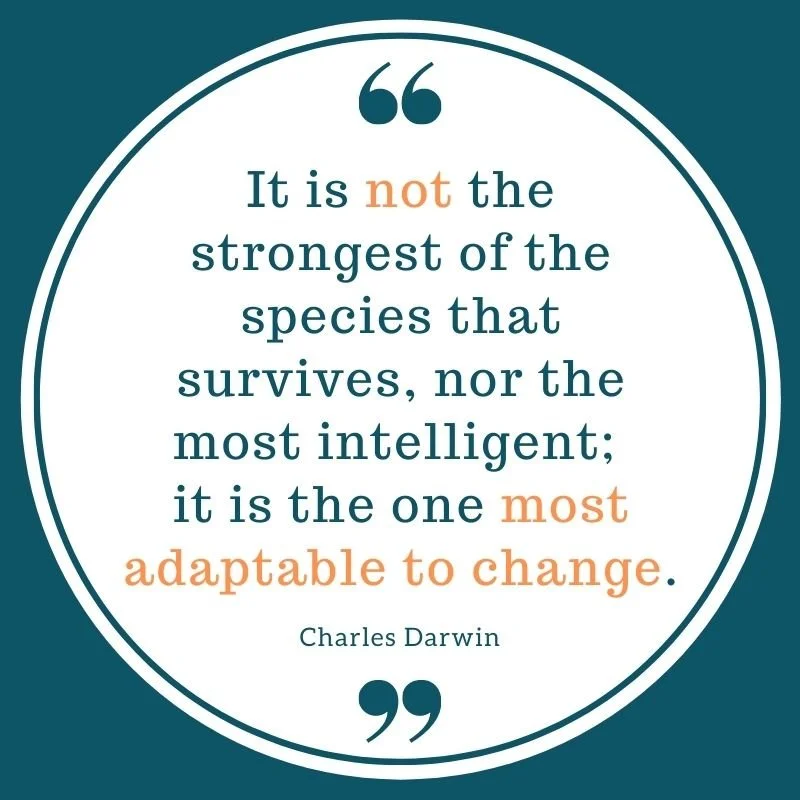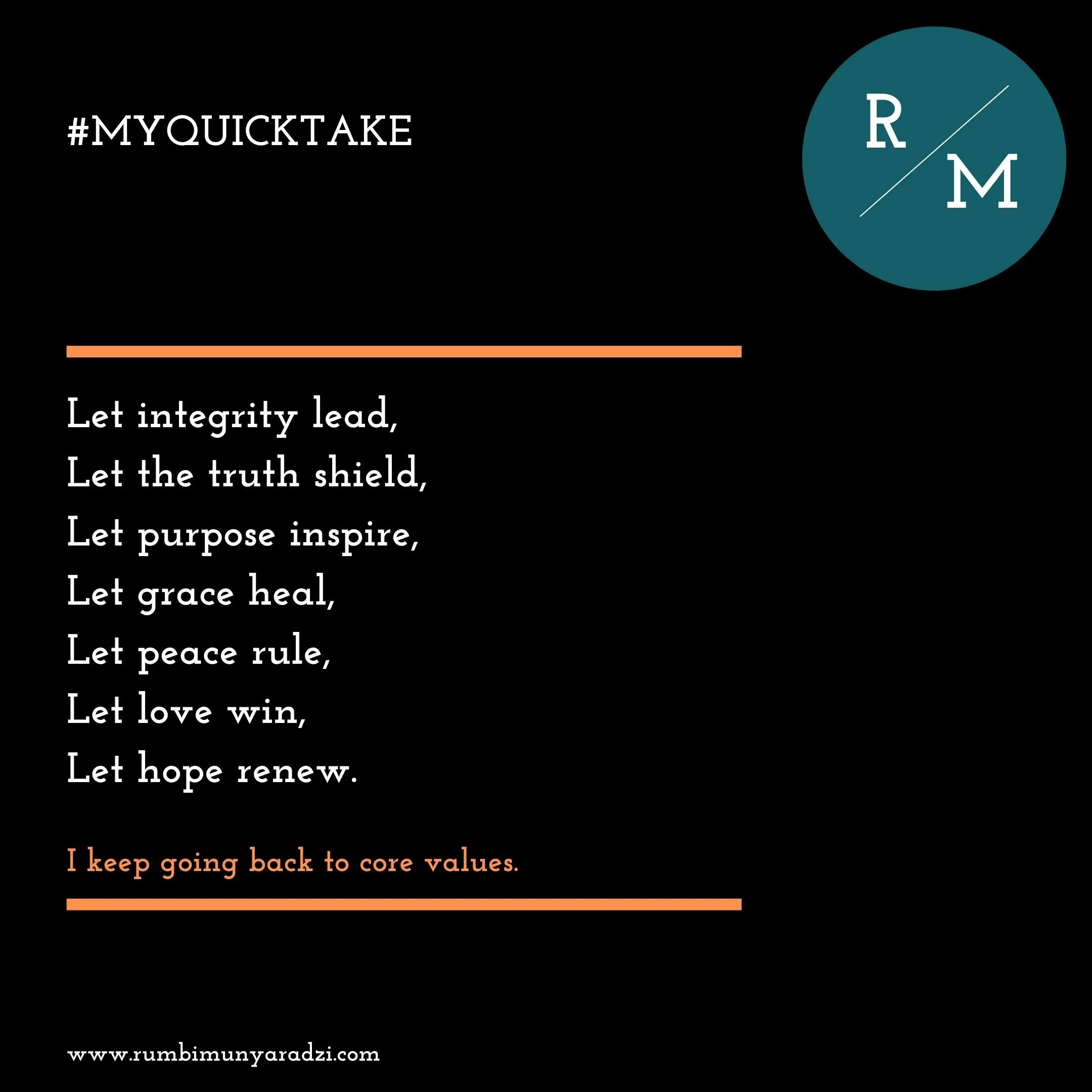Zimbabwe: Searching for the Rainbow
Like many other homesick diasporans, I have visited Zimbabwe regularly in short bursts over the years. However, in these past 6 months, I’ve spent the most amount of time living there as an adult as I’ve ever had since emigrating to South Africa back in 2005. More time on the ground has affirmed for me the intensity of resilience, kindness, ingenuity, work ethic and grit that are possible even in tough circumstances (and perhaps because of it). The hardships experienced since the early 2000s have pushed all our virtues to their extreme testing point, and we found courage on the other side of these circumstances. Courage to be happy despite so much loss of loved ones and the lives we had planned, and courage to keep moving on hopefully even if it’s into an uncertain future.
Every nation, every organisation is only as strong as its people. Technology, politics, finances, even a pandemic and other situational factors can’t change that. Zimbabwe, a country which achieved independence in 1980, has proven itself to be the sort of place that is not as bad as it could have been but not as good as it should be. The stabilising factor through our ups and downs has been a society that, despite its imperfections, has managed to sustain hope and make some sense out of the chaos it finds itself in.
This preamble is not a way of suggesting that life in Zimbabwe has gotten easier because that would be an untrue and unfair representation. Some element of scarcity or hardship characterise much of the daily existence whether you are in an urban or rural environment. However, it’s exactly these conditions that make me search for the good, the lesson and the source of hope amidst what we are experiencing as a nation.
In watching our social dynamics more closely in these recent months, five main themes stand out as positive influences. They are not new but they have made a particularly strong impression on my outlook of the country, especially as I build out a digital mentorship resource (www.genzim.com) for our Gen Z youth who are too young to know any other version of Zimbabwe than the challenging environment we have experienced over the past 15-20 years. It pushes me to think about how a young person can hope for opportunity when they are surrounded by scarcity. These five themes are still rooted in culture and community as is the African way, however, adaptability is equally prominent in our way of thinking. As Charles Darwin said:
When I look for reasons to be optimistic, these following aspects about how we are currently approaching life and community spark hope.
Collaboration and seeking counsel. We still rely on a cultural affinity for collective action and sharing our problems with trusted advisors in the hopes of creating a better solution together than we might have done on our own. Individual problem-solving and a high degree of self-reliance remain important but it’s not the only option. Though simple-sounding, this trait we have for consultative problem-solving is a gateway to humility, teachability and team-work. Life might be hard but we still approach it as a team sport.
Results over aesthetics. We are becoming a society driven by results rather than perfection or perception. This is liberating in its own way in comparison to countries where the opposite is true, especially given how subjective and superficial aesthetics can be. More relevant for us is that for a long time, we were afflicted with being overly academic and philosophical in our world view but that is giving way to a strong desire for practicality.
Everyone thinks like an entrepreneur. With a high cost of living and low earning prospects through formal employment, entrepreneurship of some sort is a necessity across all age groups. This cultivates a level of urgency, personal agency and keen social awareness to spot opportunistic gaps. The global future of work we are stepping into needs this kind of blended approach to formal employment plus the lucrative side-hustle that we’ve already been perfecting.
Innovation through design. Achieving a decent standard of living despite a lack of financial resources requires some of the best type of innovation by creatively re-thinking processes and design. Technology accelerates and amplifies innovation, but where it’s not available, progress is made regardless. Limited means do not preclude a desire to live with dignity and comfort.
Generosity comes from spiritual strength, not financial capacity. The economic downturn has been humbling to most people, if not all. When something so drastic happens at scale, it induces a re-assessment of one’s identity and values. I’ve found that generosity of any measure is more of a spiritual ability than a financial one. We have had to decide that our bank balances do not determine our ability to share and be kind, and to find ways to express it which might not be financial. The country’s heavy dependence on remittances for so long has also forced a reckoning for the diasporans who are sending that money about what that giving means and the intentions behind it. On balance, I have been encouraged by our generosity as a people, and it’s a strength we must amplify in a time of growing inequality.
These five themes are not exhaustive in their description of the strengths we have as Zimbabweans. However, they stand out for me because they comprise strong pillars on which hope for a better future can germinate and grow in today’s fast-evolving context. While I do believe that socially there is hope for creating better personal futures, we are missing strong conviction in building a better national future. I don’t have the answer for such a big issue at the national level but I keep looking out for the proverbial rainbow amidst this economic storm we are in, a reason to hope that we will overcome.
I am a ‘born free’ first generation city kid from parents and elders who grew up in rural homesteads. As I think about how to honour our heritage through achieving progress personally and for the collective, it puts my role in this inter-generational relay race into perspective. If my ancestors’ hope for building better futures resulted in me being where I am now, the question I pose to myself is, “What am I doing to pass on that light?” It could be about sharing knowledge, wisdom and networks, or being willing to listen to a person in need of a sympathetic ear. I find that being open at all to the prospect is making it easier to identify appropriate ways to support.
If anyone else has been wrestling with similar thoughts, I’d love to hear from you.



